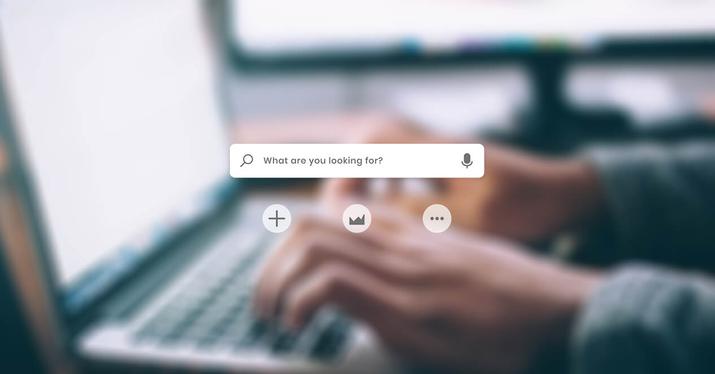Unless you are an excessively self-centered person, looking for yourself on the Internet may not be one of your hobbies. However, it is advisable to carry out this practice periodically to ensure that your privacy remains intact and that only the information you want to be published on the Internet is published.
In the following lines we are going to tell you the best ways to do egosurfing (yes, indeed there was going to be an English term to define these self-searches) and how to exercise your right to be forgotten in case you find something you don’t want to be there.
Find yourself on the internet
The best way to know how much and what information there is about us on the Internet, whether it is what we have published ourselves consciously or unconsciously through data transfer, legitimately or illegitimately, is to carry out a search of our digital footprint.

This practice, called egosurfing, allows us to review social networks and Internet search engines using search terms related to us, such as our name, surnames, DNI, etc., to locate information about us on websites and other platforms. If you have never done it or have not reviewed yourself for a long time, it is a good practice that we should all do periodically, to know what is said about us, how it is said, who is saying it and for what purpose, and to identify possible information that should not be published and that we want it to be removed.
The most comfortable thing is to use a Google-type search engine and search for data such as our name and surnames or other terms such as the ones we said before. In this way, we will see what trace there is of us, including searching Google Images to see if they are using it fraudulently.
Another main point to review what is about us is social networks, which is one of the places where we share more information and we may have gone overboard sharing more than necessary. Sometimes we make the mistake of not properly configuring the privacy of our profiles, exposing all the information we share to third parties whose intentions we do not know or we directly leave all the information as public, whether in the form of comments, statuses, photos or videos.
Right to be Forgotten
As we own our own reputation, when doing egosurfing it is likely that we will find information that we do not like or that we do not know was published. We may take certain actions to try to remove that information that may affect us.

In the case of social networks, the first thing we should do is configure the privacy options to shield certain information that we have verified is public by searching our data on the Internet and should not be, such as date of birth, which generally should not be public. to prevent a password from being stolen using the restoration technique. It is also advisable to manage how our contacts can tag us in different publications.
If we find a profile that is supplanting our identity, because it uses personal data such as the name and profile photo, we must report this false profile to the social network in question (Facebook, Instagram, Twitter) to remove it as soon as possible.
Exercise our right to be forgotten: when the information is published by third parties, such as companies or other institutions and it affects our digital identity and reputation, it is possible to eliminate it from search engines by exercising both rights. The right to be forgotten is included in the General Data Protection Regulation and dictates that anyone has the right to request, under certain conditions, that links to their personal data not appear in the results of Internet searches carried out by their name.
If you want to ask to be deleted from the three big search engines, fill out the request to exercise the right to be forgotten by filling in the google form, yahoo form either bing form














